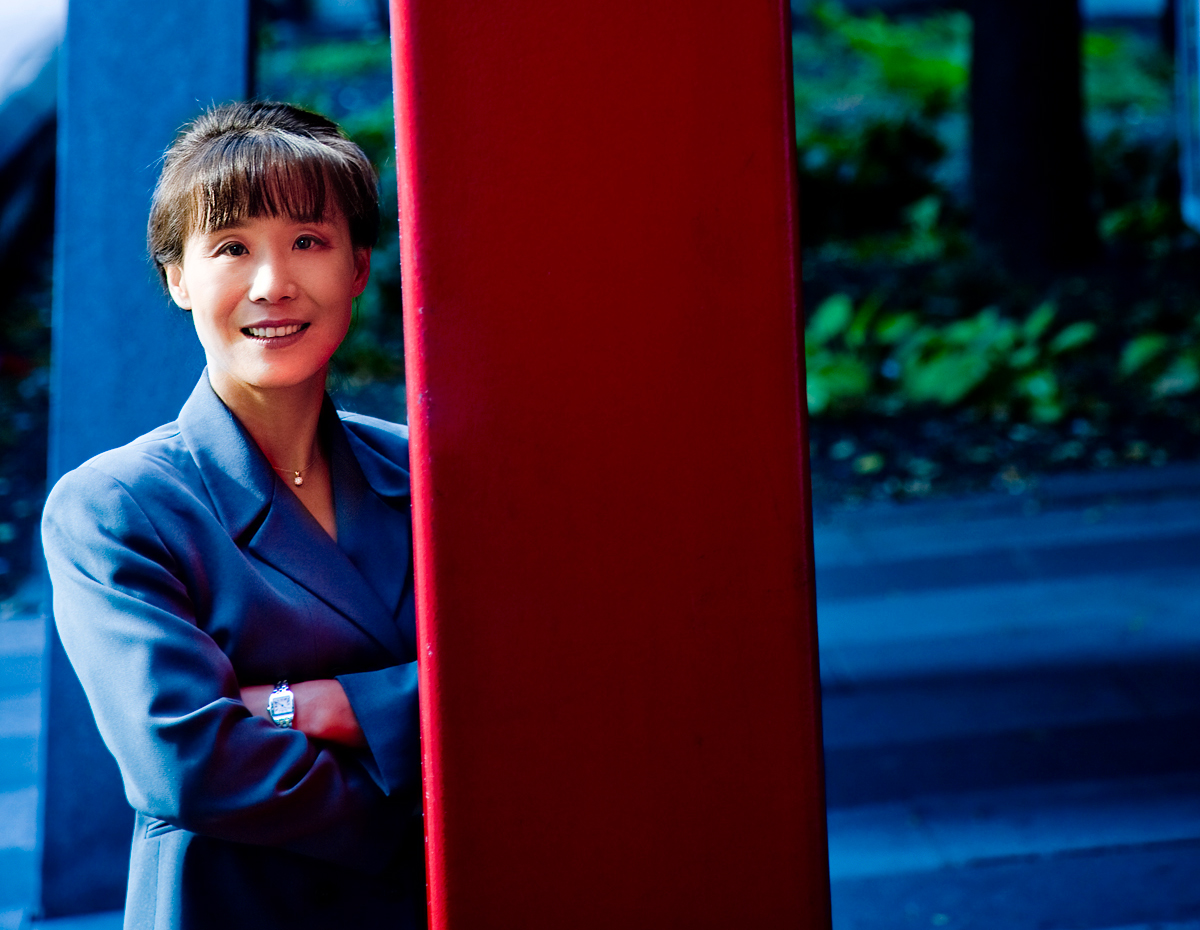
Studies to explore how best to use technology to improve healthcare
By McGill Reporter Staff
McGill and TELUS Health announced on May 7 that they have entered into a three-year, $1 million dollar partnership to create a learning environment and conduct research on how best to use technology to improve health and healthcare delivery for Canadians.
“We are delighted to create a multi-disciplinary partnership that promotes participation, collaboration and innovation, with the shared goal of translating advances in technology into transformative improvements in healthcare across Canada,” said Professor Peter Todd, Dean of the Desautels Faculty of Management.
“This partnership will contribute to our effectiveness in generating quantifiable results by allowing us to document patient outcomes from our health IT applications and cutting-edge collaborative services,” said Paul Lepage, President, TELUS Health. “It enables us to gain valuable knowledge and further insights on the impacts of ehealth initiatives from both the clinical and business perspectives on a national level.”
The first study to be funded through the partnership will focus on understanding how remote health monitoring integrated with a patient health portal can be used to improve the management of complex medical therapy for patients with chronic cardiovascular disease, which affects over three million Canadians.
Widely used in chronic anticoagulant therapy for people living with cardiovascular disease, Warfarin requires close monitoring of patients, who currently must make regular visits to hospitals or clinics. This creates considerable inconvenience for patients, as well as being costly and inefficient. The research project, led by co-Principal Investigators Dr. Ariane Marelli of the Faculty of Medicine and Dr. Yeona Jang of the Desautels Faculty of Management, aims to help improve anticoagulation surveillance, while minimizing hospital visits and engaging the community with a patient-centred solution.
“As our populations age and diseases become increasingly chronic and complex, the healthcare challenges we face are significant,” said Dr. David Eidelman, McGill’s Vice-Principal of Health Affairs and Dean of Medicine. “Collaborations like these are fundamental in harnessing the technology and research by outstanding scientists such as Drs. Jang and Marelli to provide the best care for the people in our communities. We are proud to be partnering with TELUS Health to accelerate these efforts.”
The McGill University Business Engagement Centre (MUBEC), which provides a single point of entry for companies seeking to partner with McGill, helped establish the new partnership with TELUS.
The agreement with McGill represents the second such partnership for TELUS Health. A year ago, the company announced a similar partnership with the University of Alberta, which focused on consumer health and personal health records. Other joint research projects, designed to support the TELUS provincial centres of excellence and diversity engagement, are expected to take place over the next three years, the company said.
